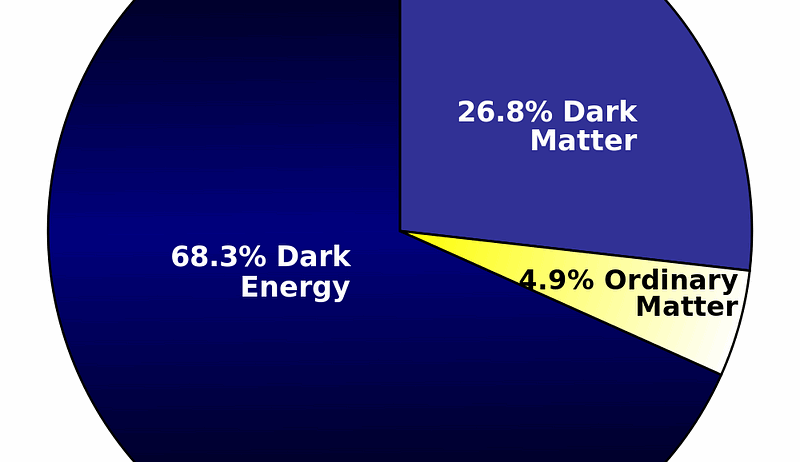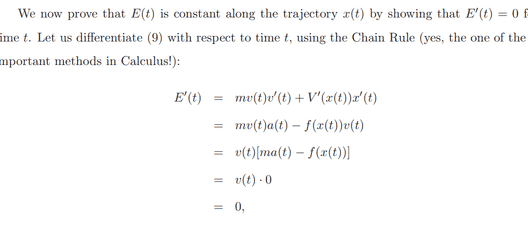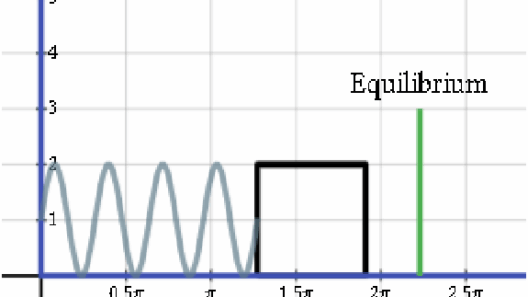In contemplating the vastness of the cosmos, one question frequently emerges among astrophysicists and cosmologists alike: Is energy conserved on the largest scales in the universe? This inquiry transcends mere academic curiosity, delving into the very nature of reality itself and the fundamental laws that govern the cosmos. As we ponder this principal question, it is essential to address both the classical principles of thermodynamics and the implications of modern physics.
At the crux of this inquiry is the law of conservation of energy, a timeless principle stating that energy cannot be created or destroyed, only transformed from one form to another. This law has held firm in various contexts on Earth—from the combustion of fossil fuels to cellular respiration in living organisms. However, when we extend our gaze to the universe, particularly under the influence of dark energy and general relativity, the picture becomes significantly more complex.
The universe is an enigmatic expanse filled with phenomena that challenge conventional wisdom. While the conservation of energy remains a cornerstone of physics, the application of this principle on cosmological scales is far from straightforward. Unlike localized systems, the universe lacks a universal definition of energy, making it difficult to apply traditional conservation laws without reservation. This complexity is exacerbated by the apparent acceleration of cosmic expansion, driven by dark energy, which signifies the presence of a force that adds a counterintuitive element to the energy conservation equation.
Dark energy, a mysterious form of energy that appears to pervade space and accelerate the expansion of the universe, raises significant questions about the nature of energy in the cosmos. Current theories suggest that dark energy constitutes approximately 68% of the universe, yet its properties and behavior remain elusive. This begs the question: Does dark energy signify a breakdown of energy conservation principles as understood on Earth?
To examine this, one must consider the concept of energy density. In an expanding universe, as space stretches, one might assume that the total energy would diminish due to the dilution of matter and radiation. However, the cosmological constant inherent in general relativity suggests that dark energy density remains constant as the universe expands, contradicting conventional notions of energy conservation. This phenomenon illustrates how the interconnectedness of various cosmological forces can lead to interpretations of energy conservation that diverge significantly from local laws.
Moreover, this inquiry is further complicated by the implications of general relativity. In this framework, energy can manifest in various forms, such as gravitational or kinetic energy. The warping of spacetime caused by mass alters how energy is perceived, particularly in regions of strong gravitational influence. Such alterations call into question the universality of energy conservation laws when applied across extensive regions of spacetime. Can energy truly be considered conserved when the metrics used to measure it vary dramatically depending on the surrounding gravitational fields?
The phenomenon of black holes further complicates our understanding of energy conservation. Within their event horizons, the laws of physics as we understand them appear to fail, leading to perplexing scenarios where energy seems to vanish from our observable universe. This raises profound questions about where this energy goes and whether it remains in any form or contributes to a different cosmic narrative altogether. The interplay between black holes and the surrounding universe challenges the assertion that energy is definitively conserved in all scenarios, especially when temporal elements are considered.
Furthermore, theoretical explorations into quantum mechanics and quantum field theory introduce an additional layer of complexity to energy conservation. Quantum fluctuations suggest that particles can momentarily arise from nothingness, thereby blurring the line between creation and annihilation. This quantum uncertainty throws into relief the classical understanding of energy conservation, particularly on scales that vanish below the threshold of cosmological observation. If energy can briefly exist in a quantum state, can it genuinely be considered conserved in the traditional sense?
Adding to the discourse, the notion of entropy—central to the second law of thermodynamics—must also be brought into account. The universe, in its evolution, appears to tend toward higher entropy states, implying that usable energy diminishes over time. Consequently, as the universe expands and ages, the routes to convert available energy into work become increasingly restricted, posing further implications for our understanding of energy conservation over expansive time frames.
Ultimately, the question of whether energy is conserved on the largest scales of the universe remains partially unresolved, teetering on the precipice of empirical science and philosophical conjecture. The very nature of dark energy, the laws of general relativity, the enigma of black holes, and the principles of quantum mechanics all paint a tapestry of complexities that challenge our foundational understanding of the cosmos.
This exploration invites exhilaration despite its inherent uncertainty. It illustrates not only the limitations of our knowledge but also the potential for future discoveries that may redefine fundamental concepts. Just as energy appears to adapt and evolve throughout cosmic history, so too may our understanding of its conservation, inviting ongoing inquiry into the very fabric of existence.








